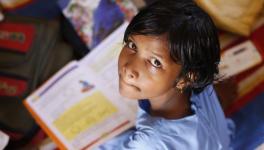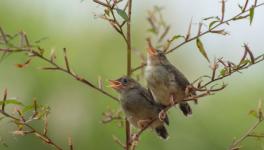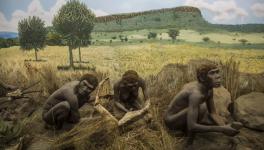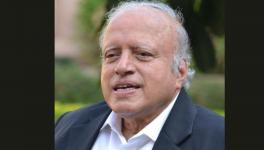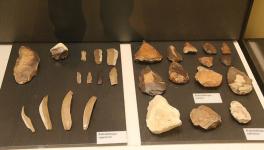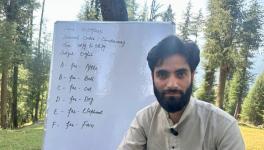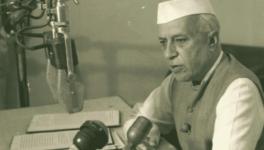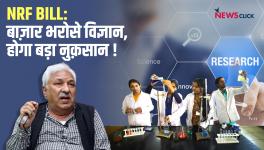The 16th AIPSC Successful in Carrying Forward the Spirit Of Science
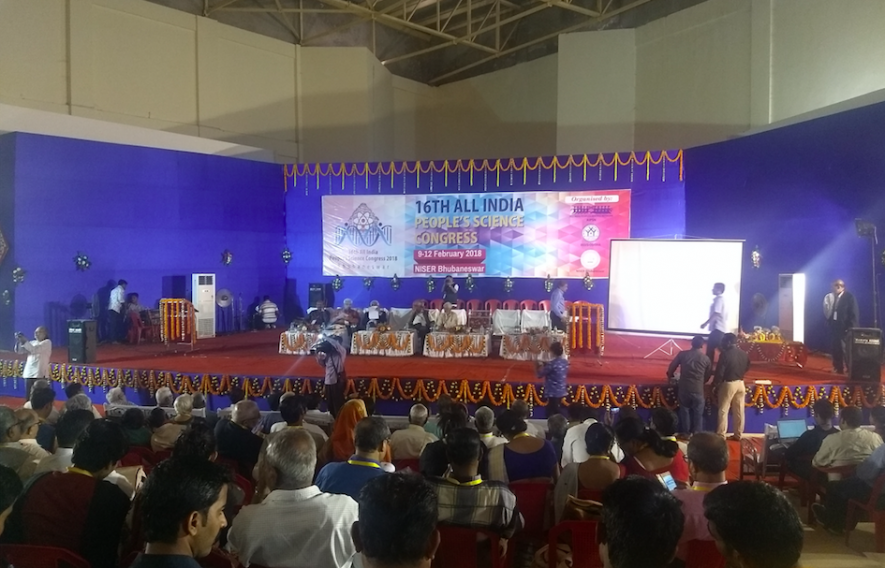
The 16th All India People's Science Congress, which is the biannual meeting of All India People's Science Network (AIPSN) was hosted by Bharat Gyan Vigyan Samiti (BGVS) Odisha from February 9 to 12, 2018. The campus of National Institute of Science Education Research ( NISER), Bhubaneshwar was the venue. AIPSC was a gathering of around thousand delegates, representing 38 organisations from across the country.
All India People's Science Congress (AIPSC) is the national event where delegates of the member organizations of the All India People's Science Network (AIPSN) come together to discuss, share experiences and organize on the matters of science popularisation, promotion of a scientific temper, secularism, science and technology policies and their impact on the people especially the underprivileged, and promotion of informed public participation in S&T policy. A notable point in the Congress was the presence of a large number of young delegates and youth sessions which were coordinated and organized by these young delegates.
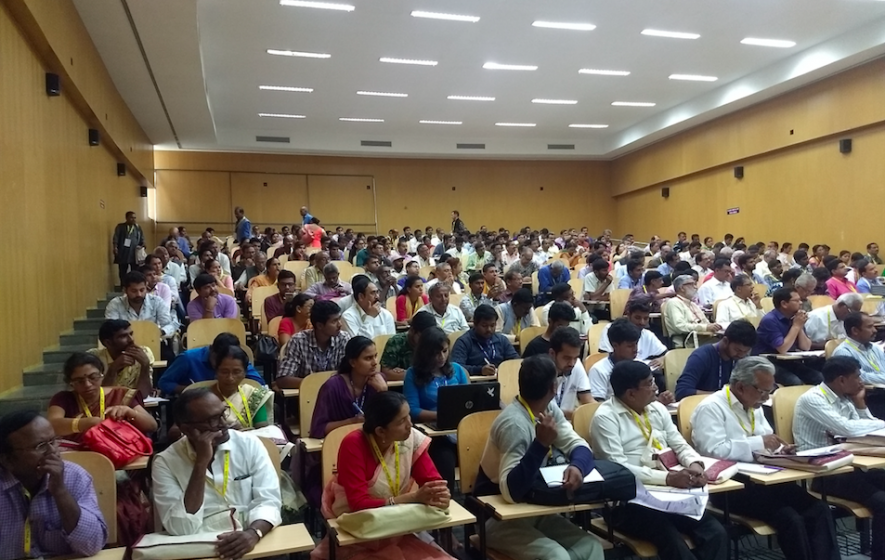
Day one: AIPSC started with an opening plenary on the afternoon of February 9. Chief guest and speakers spoke of the importance of defending science from the onslaught of obscurantism, communalism, casteism and the drastic reduction in funds towards funding science and technology research. It was felt that, it is at tough times like these that AIPSN becomes important for standing for scientific temper, rationality and the demand for an equitable society. The key speakers at the inaugural plenary were Dr Aurobindo Behera; chairperson AIPSC organizing committee, Sudhakar panda of NISER, GVV Sharma- Addl Chief Secretary Govt Odisha, Minister Usha Devi – Govt of Odisha and G Ramakrishna from National College-Bengaluru. Sabyasachi Chatterjee and T Ramesh, president and General Secretary spoke about AIPSN’s successful national campaign ‘Sabka Desh Hamara Desh’. The purpose of this campaign is to defend India’s plurality of thought and aims at social action for national progress and betterment of people’s lives.
Day two: The second day saw Sub plenaries, parallel workshops and cultural activities through the day. Themes of sub plenaries covered on the second day were; Education, Science and Rationality, Science & Technology and self-reliance. In the afternoon, interactive sessions and discussions took place at the parallel workshops, which were an extension to the sub-plenary themes. Youth workshops; ‘Spectrum- The range of Gender’ by Kerala Yuvasamithi and ‘Youth Development’ by BGVS Odisha were sessions which engaged with the audience and caught their attention. The day ended with the Congress commemorating the lives of departed science activists; Prof PM Bhargava, Sankar Chakravarty, Prof Yashpal and Gunankar Muley.
Day three: The third day of Congress started with a sub-plenary where speakers; Prabir Purkayastha, SG Dhani and Megha Pansare spoke on the heritage of Science & Technology and cultural Diversity and pluralism. The sub-plenary sessions covered following themes; Gender Equality, Social Justice, Health, Access to Medicines and Environment. Workshops on the third day covered issues of Health, Rural Technology and livelihoods, social justice, gender equality and urbanization. The youth workshop by JVV Andhra Pradesh “demystifying miracles through magic” was a crowd puller for its ability to hold the attention of the audience. The day ended with a performance and demonstration of classical Indian music by Binod Bihari Rout and team.
Day four: The final day was a valedictory session to mark the closing of the people’s science congress. Distinguished historian Raosaheb Kasbe spoke about how under the new government, we see a new wave of communalism and casteism being unleashed in the garb of nationalism. He also explained how a deliberate attempt is being made to portray that India is culturally a Hindu state, which it has never been. Later, Dr D Balasubramanian, former director CCMB said that “Science practices equality and has no high priests whose words are law. Everyone has the right to claim, but his work too will be reviewed by ‘PEERS’ and accepted, modified or rejected’. He further stated that ‘science practices fair play and offers a level playing field’ for everyone without any hierarchy. The session also had the following speakers; Minister Badri Narayan Patra ( school & Mass education, Science & technology), Ms Yumi Bae ( Chief of UNICEF state office), Prof Muruganandam ( Acting Director, NISER) and Padhmashree Bhabanishankar Pattnaik ( chairman, Kalinga foundation).
The 16th AIPSC came to a close with the announcement of the election by the general council of new office-bearers led by president Dr Sabyasachi Chatterjee of Karnataka BGVS and General Secretary P Rajamanickam of Tamilnadu Science Forum and Komal Srivastava, T Ramesh and Prabir Purkayastha as Vice presidents. 16th AIPSC was successful in revitalizing the delegates and their organisation’s to carry forward, the spirit of science for a just and better society.
Get the latest reports & analysis with people's perspective on Protests, movements & deep analytical videos, discussions of the current affairs in your Telegram app. Subscribe to NewsClick's Telegram channel & get Real-Time updates on stories, as they get published on our website.









